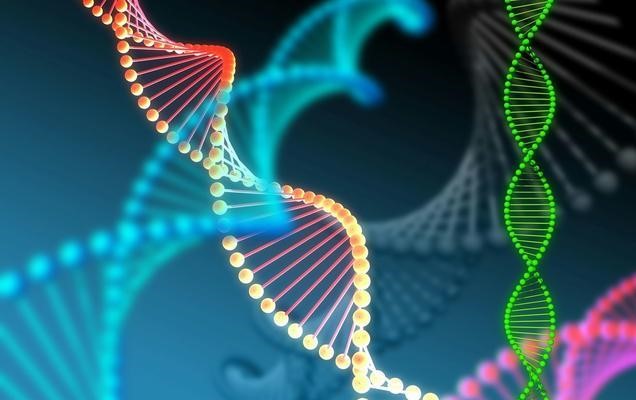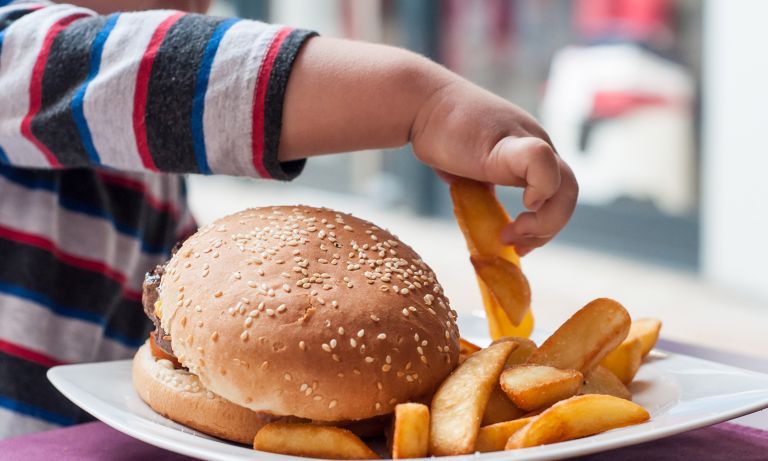
More persons are overweight today than ever before. Just about 70% of Americans aged 20 and older are Obese. Tragically, the issue has become considerably more common in kids, as well. At the other extreme are people who can eat cake, ice cream, and whatever else they need and still not put on weight. Why? What are the reasons for obesity? What permits one individual to stay thin without efforts yet requests that one more struggle to abstain from putting on weight or regaining the pounds the person has lost already?
Obesity is a complicated illness, including an excessive measure of body fat. It isn’t only a cosmetic concern. It’s a clinical issue that builds the danger of different diseases and medical conditions, like coronary illness, diabetes, hypertension, and certain tumors.
There are many reasons why specific individuals experience issues getting thinner. Typically, weight results from acquired physiological and ecological components connected with Dietary Habit, Duration of Persistence to Exercise, and Self-Discipline.
Fortunately, even humble weight reduction can improve or forestall the medical conditions related to obesity. A better Dietary Habit, more physical activity, and behavior changes can help you with shedding pounds. Doctor prescribed meds and weight reduction methodology are extra choices for treating obesity.
Here Are Some Reasons Why Some People Prone to Obesity
Changes in our society and the Duration of Persistence to Exercise habits have added to the expansion in obesity.
We Have Become a Country of “Couch Potatoes”

We invest an excess of energy before a screen—a ton of time staring at the TV or before the PC—which is particularly valid for kids. Children between 8 and 18 years go through 7.5 hours every day in amusement media—TV, PCs, phones, motion pictures, and computer games—and about 4.5 of these hours are dedicated to sitting in front of the TV.
Not exclusively do these latent pursuits degrade time that could be spent on physical work. However, we likewise eat dinners and have snacks around the TV, which does its share of promoting this propensity through advertising high-calorie, unhealthful food sources.
Inheritance and Prenatal Factors

Health is particularly significant during early life, as this influences your health later on. A ton can be determined while the fetus is still in the belly.
A mother’s diet and way of life decisions matter an incredible arrangement and may impact a child’s future behavior and body synthesis.
Studies show that ladies who put on over the top weight during pregnancy are bound to have substantial 3-year-olds.
Also, youngsters with guardians and grandparents who are obese are considerably more prone to be stout than kids with guardians and grandparents who are of average weight.
Moreover, the qualities you acquire from your folks might decide your susceptibility to weight gain.
However, Inheritance and early life factors are not solely responsible for obesity; they add to the issue by inclining individuals to weight gain.
About 40% of youngsters with overweight will keep on being heavy during their adolescent years, and 75−80% of teens with obesity will keep up with this condition into adulthood.
We Eat Differently

We consume an excess of sugar: 60% of grown-ups drink no less than one sweet beverage daily.
Food sources higher in sugar, salt, and fat are generally promoted and publicized.
It regularly costs more to eat soundly.
Specific individuals—particularly those in lower-pay, minority, and provincial regions—don’t have prepared admittance to stores that sell sound, good food sources.
Cafés, inexpensive food chains, and candy machines frequently sell more unhealthy food sources. School candy machines and cafeterias are no exemption.
Piece sizes, particularly of less-refreshing food sources and drinks, have gotten greater.
Birth, Infancy, and Childhood Habits

However, the reason is obscure; kids conceived through C-section appear to be more inclined to obesity sometime down the road.
It is additionally valid for recipes took care of newborn children who will, in general, be heavier than breastfed infants.
This might be because the two gatherings foster diverse gut microscopic organisms, which can influence fat storage.
Note that these components are generally not settled on by choice of either the mother or child yet appear to be associated with the child’s obesity risk.
Also, framing healthy dietary and Self-Discipline during youth might be the most crucial anticipation against corpulence and lifestyle-related diseases.
If little youngsters foster a preference for suitable food varieties rather than processed junk foods, it assists them with keeping up with the typical load for the duration of their life.
We Do Not Get Enough Physical Activity

Safe walking or trekking courses might be restricted, so we depend on our vehicles, even for short trips.
Diversion focuses and stops may not be effectively available.
Understudies don’t get enough, or adequate, actual instruction.
Most errands are currently automated—gas or power controls the machines we use. Innovation has made us inactive.
Clinical Reasons

At times, primary medical conditions might add to weight gain. These include:
An underactive thyroid gland (hypothyroidism) – where your thyroid gland doesn’t create enough chemicals
Cushing’s condition – an uncommon problem that causes the over-production of steroid chemicals. Nonetheless, if conditions, for example, these are appropriately analyzed and treated, they should present to a lesser extent an obstruction to weight reduction.
Certain meds, including a few corticosteroids, meds for epilepsy and diabetes, and a few meds used to treat psychological illness – including antidepressants and medications for schizophrenia – can add to weight gain.
Weight gain can sometimes be a symptom of stopping smoking.
